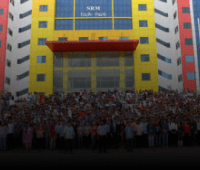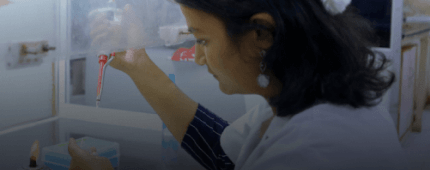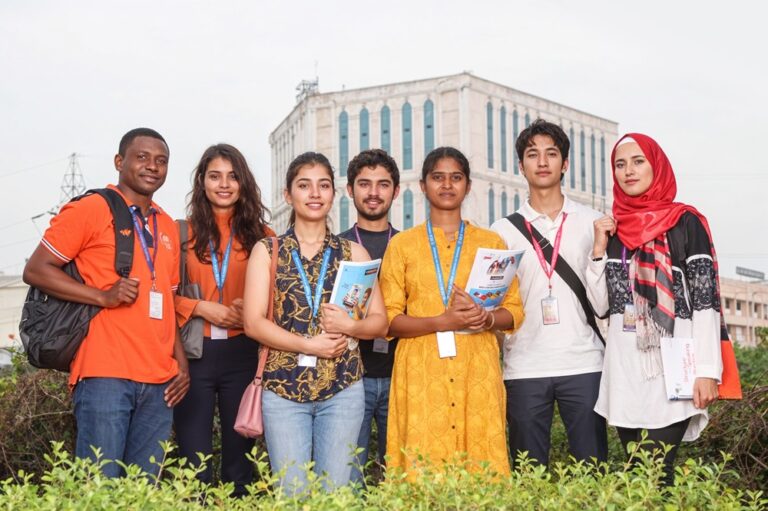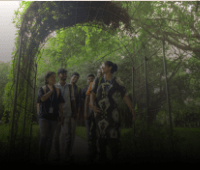The teaching-learning approach across all postgraduate programs is predominantly experiential, with limited classroom lectures. Students are encouraged to study from textbooks, journals, and other sources. Once they learn the basics, they make presentations on the learned topics to further reinforce their understanding. During these presentations, faculty members contribute by providing background, rationale, or logic, by giving examples, and by discussing ground realities.
Students benefit directly from the school’s vibrant research environment, gaining hands-on experience through real-world projects and initiatives led by the faculty, enhancing both their academic and professional development. Through field visits, they gain invaluable exposure to real-world public health scenarios.
Mentor-Mentee system: Each student is paired with a faculty member who guides them through their coursework and research study. The mentor facilitates internship and final placement, providing valuable support during the student’s academic journey.
Journal Club: Every week, a group of two to three students presents a research study or journal article. All faculty members and fellow students participate in this activity, engaging in discussions about the nuances of the research design, limitations of the study, and how the findings could contribute to improving health outcomes. The forum also explores further studies to answer the remaining questions, if any.
Summer Training: During the second semester, students design and conduct a research study that gives them hands-on experience of research. They collect data during their summer vacation, analyze it, and subsequently present their findings and submit a research report.
Dissertation: In the third semester, students choose a topic of their interest from their specialization course. They conduct an in-depth study of the topic, examining ground realities through field visits or by interacting with the subject expert. Based on their findings, they prepare and submit a detailed report.
Internship: In the fourth semester, students intern with a national or international NGO, research organization, pharmaceutical company, or state health department. They learn by getting involved in the day-to-day operations or ongoing projects of the organization. During this time, they aim to create a meaningful presence in the organization and potentially secure a job.















